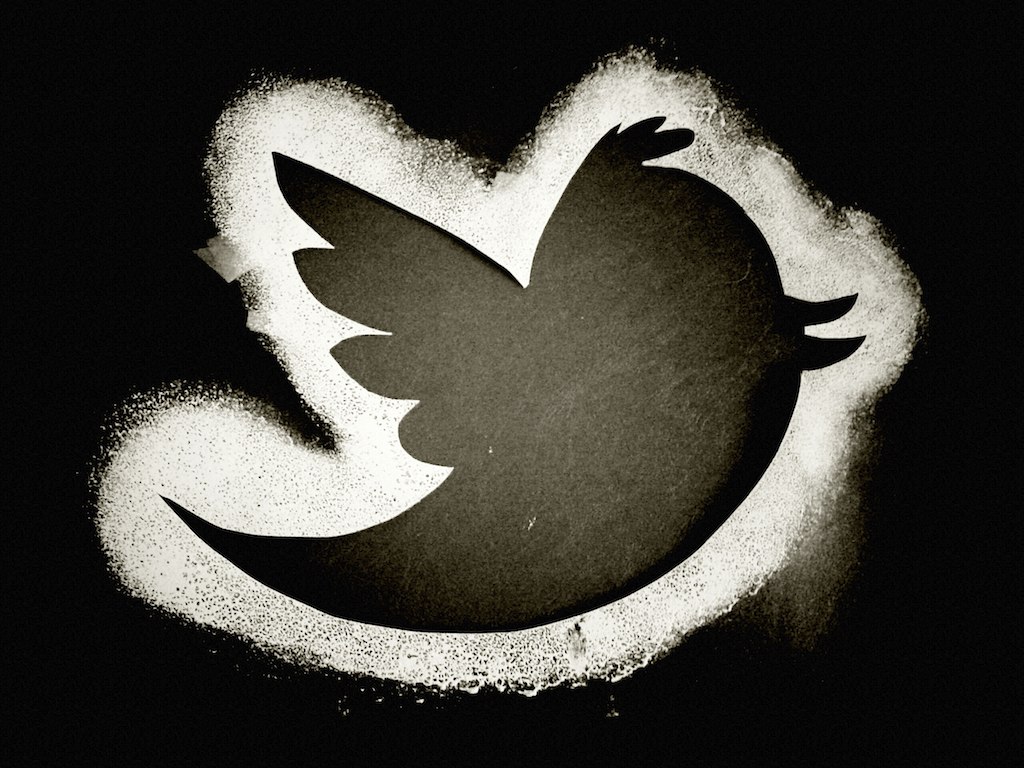Whose idea was #womenboycottwitter? ::suspicious narrowing of eyes::
— N. K. Jemisin (@nkjemisin) October 13, 2017
Software engineer, Kelly Ellis, started #womenboycotttwitter in an attempt to show solidarity with Rose McGowan after she was temporarily banned from Twitter for sharing her history with sexual assault in Hollywood. However the hashtag, which was supposed to culminate in a boycott today, didn’t exactly succeed in its execution. And there are a couple of reasons why.
1 – A Twitter Hashtag for a Twitter Boycott is Like Buying a Movie Ticket to Protest a Film
When I first saw the hashtag, I thought, so…is this hashtag supposed to be in use leading up to the boycott? Because you can’t use a hashtag on the day…if you’re not on Twitter. Also, several people in the thread on Ellis’ original tweet were confused. Are we staying off Twitter for the day? Are we deactivating our accounts and boycotting the business. There was also another boycott being organized for the 15th, which made things even more confusing. In a subsequent tweet, Ellis said, “Yep, we each posted separate dates at around the same time. It’s hard to try and organize something quickly on social media.”
Well, and that’s the thing: perhaps this shouldn’t have been organized quickly. Sexual harassment isn’t going anywhere, and there’s something larger at play here. On all social media platforms, I’ve seen how arbitrary “Community Guidelines” are. I’ve seen legitimate hate groups get to keep their accounts, while activists are banned for showing a nipple or being too angry with their speech. This happens across all marginalized groups, and so something like boycotting Twitter in solidarity with ALL of those who are unjustly banned for trying to fight oppression might have been a good idea. But that requires time and thought and coordination with other individuals and groups. I hate to say it, but poor planning like this is what makes people call internet activism “slacktivism.” That you can just come up with a hashtag and call it a day is not the point. Activism has to be more thought through than that, and most of the truly successful protests organized via hashtags were planned weeks, even months in advance. Lesson learned, I hope.
Also, making this specifically about Rose McGowan was a mistake, which leads me to…
Calling white women allies to recognize conflict of #WomenBoycottTwitter for women of color who haven’t received support on similar issues.
— Ava DuVernay (@ava) October 13, 2017
2 – Where Were White Feminists Ready to Boycott ESPN over Jemele Hill?
Like Ellis, I too was outraged by McGowan’s suspension from Twitter. That said, being suspended from Twitter didn’t threaten McGowan’s livelihood or, indeed, take away her voice in any significant way. Her #RoseArmy will follow her anywhere, and she has other social media platforms. Yet, when ESPN anchor Jamele Hill was suspended from her job for speaking out about Trump and racism, there were crickets.
There were some calling for an ESPN boycott…and they were black women. Is it that white women just don’t watch a lot of ESPN and hadn’t even heard about this? But it’s not like it wasn’t covered by mainstream news outlets either. So, if they’re paying attention at all, they would’ve heard something.
So what was the problem? Why is it that so many people were ready to jump on the McGowan bandwagon over a suspension on Twitter, but far fewer were interested in jumping on the Jemele Hill bandwagon over a suspension of her job? Think about that. As Ava DuVernay pointed out in her tweet above, black women have a history of stepping up for white women, but they rarely get that kind of support in return.
As a sexual assault survivor, I can’t participate in #womenboycottwitter & be quiet. We can’t continue to be silent. We have to be louder.
— Cass (@cassi_taylor422) October 13, 2017
While I support the reasoning for #womenboycottwitter , I feel it’s detrimental to the overall point. Our voice is important!#AmplifyWomen pic.twitter.com/raj7RCbbRd
— Joanne Tyler (@x__BadWolf__x) October 13, 2017
People in power depend on the silence of marginalized people to maintain their power. #womenboycottwitter
— Cher (@thecherness) October 13, 2017
3 – Boycotting Twitter Only Silences Women
Social media has leveled the playing field in many ways, and while the sexism of the world has certainly found its way onto Twitter and platforms like it, manifesting itself as online harassment, social media is still a place where women can speak up and be heard about the issues that matter to them. The response to Rose McGowan, or any other silenced person, shouldn’t be to join them in silence, but to be louder on the platform on their behalf. We shout because they can’t.
Best believe none of Milo Yiannopoulos’ followers thought to leave Twitter in support of him when he was permanently banned. Why should women willingly remove themselves?
If you’re looking for a hashtag to follow today, check out #AmplifyWomen and #WOCAffirmation. Support women, especially women of color, and raise their voices.
(via Twitter, image: Flickr)
Want more stories like this? Become a subscriber and support the site!
—The Mary Sue has a strict comment policy that forbids, but is not limited to, personal insults toward anyone, hate speech, and trolling.—









Published: Oct 13, 2017 03:56 pm